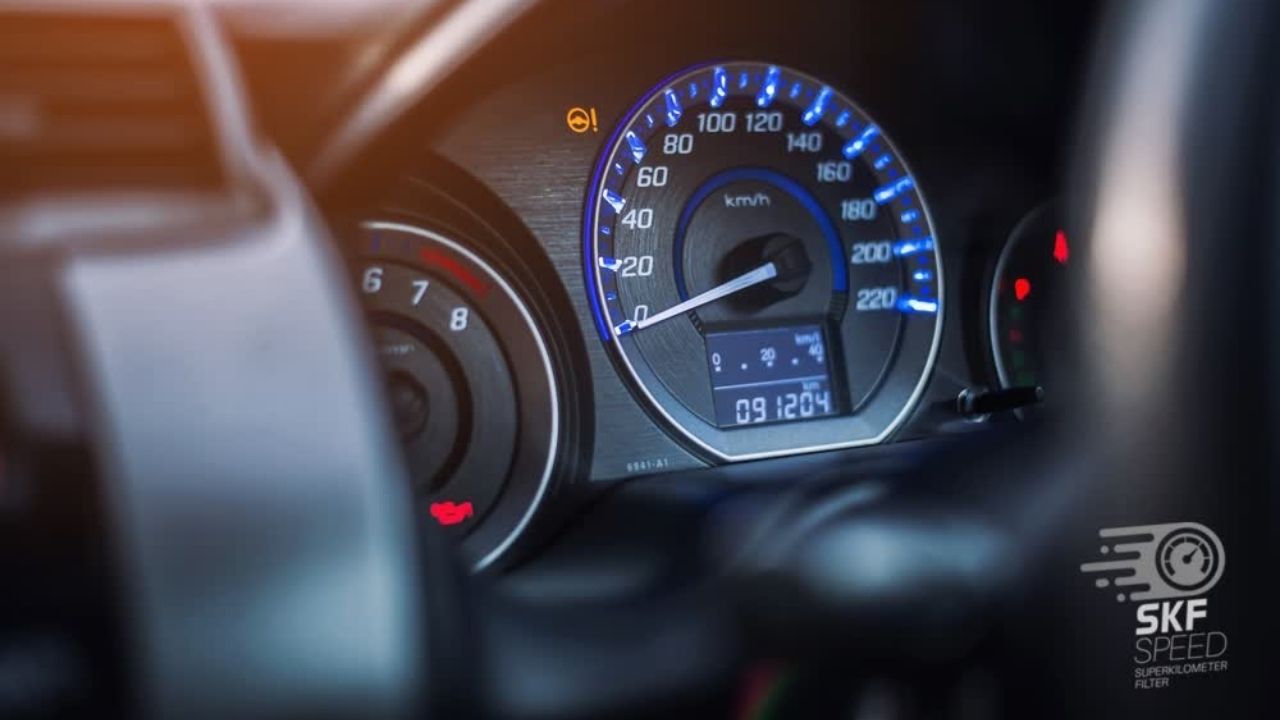
Do car insurance companies check mileage? – this is probably one of the most important questions you should consider if you’re thinking about getting a car. Let’s be honest – you can’t survive without insurance, because you’ll be broke after your first accident. It’s always better to pay a monthly premium than to be forced to spend a lot of money repairing your car afterward. But whether you pay small amounts or not depends on your annual mileage. After all, insurance is closely related to the miles you drive. Want to know why? Then keep on reading!
Insurance companies certainly check mileage. It’s not because they are just curious or want to teach you how to drive safely. It’s because they need to calculate whether you are at high risk of accident or not. Simple logic operates here – the more you drive, the higher the chance of accidents. That’s why they care so much about your annual mileage.
Why do insurance companies check mileage? – well, they need that information to calculate your premium. As we mentioned, the fact that you drive a lot puts you in the higher risk group. That ultimately means that you’ll have to pay more to maintain your package. In other words, the higher the mileage, the more you pay for insurance. In certain cases, even exceeding annual mileage limits on insurance could increase your premium.
At first glance, this might sound unfair. You might convince yourself that you’re the best driver that has ever lived and protest against such calculations. You might also believe that a long time on the road doesn’t necessarily equate to a high chance of accidents. However, you should also think about the insurers. They need to have an income to be able to cover the costs of the damages. It’s a business after all. If they underestimate the risk, they will lose a lot of money and, thus, the employees will have to suffer the consequences. Once you consider the fact that we’re talking about millions here, then you’ll understand how important mileage can be.
Moreover, you should think about yourself as well. No matter how good of a driver you are, you still do not have the guarantee that you won’t get into a car accident. If that happens, you’ll at least have insurance to help you out with all those costs.
Now it’s time to ask a more important question: how do insurance companies check mileage? They can’t play a guessing game so there should be some way to verify the mileage, right?
Well, to my surprise, some insurance companies are more naïve than you might think, as they rely on your information. This is how it works: they will ask you to provide an estimated annual mileage when you’re filling out the application. They will then calculate your premium depending on the number of miles you travel.
But not all companies work the same. Some of them might require mileage checks throughout the year to make sure you’re not lying. To be prepared, you can do the car mileage check yourself.
It also depends on the insurance plan you choose. For instance, if you select a specific low-mileage package, you will be asked to attach a computer to your vehicle. That computer will transfer the information about the mileage to your insurers.
The plans which require exact mileage are usually called “pay-as-you-drive” or “usage-based” packages. They enable you to pay a specific amount + an additional fee depending on the number of miles you drive. These plans are less expensive compared to standard packages, so if you do not have high annual mileage, you might want to consider these options.
You shouldn’t forget that the majority of insurance companies still try to double-check mileage. Though some might act naïve and rely on your information, most of them will still require accurate data. That’s why it’s important to know what your annual mileage is and report it correctly. Otherwise, you might face consequences (the insurers might refuse to pay out, for example).
If you know what is the best annual mileage for insurance, you will be able to plan your driving habits accordingly and avoid additional costs and problems.
Underreported mileage is quite a common practice due to the direct connection between the mileage and premium. People, who want to drive a lot without paying too much for insurance, usually turn to unethical means to avoid additional expenses.
How does underreporting work? It’s simple – people take advantage of the naïve insurance companies I mentioned above. If they rely solely on self-reporting, then it becomes easier to provide the desired number instead of the real one. In other words, people intentionally report lower annual mileage to avoid paying more for insurance. If caught, such actions will have consequences no matter what.
Underreported mileage is a serious issue for insurance companies, as it results in huge losses. But it’s not the only problem. To avoid high insurance costs, people sometimes learn how to change mileage on their cars. Odometer adjustment tools enable them to roll back the mileage whenever needed. That way, they have the chance to reduce their annual mileage and, consequently, pay smaller fees.
Those, who are smarter, use a more proactive module i.e. the mileage blocker. It’s a premium device that manufacturers designed for testing purposes. It can stop recording the miles you drive without a trace. It also has quite an easy installation process and is available online. Unfortunately, some people neglect its ethical applications and activate it on public roads. That way, they get the chance to record fewer kilometers than they actually cover. Since the kilometer stopper removes mileage from all control units, it’s easy to take advantage of its features.
It goes without saying that such actions are unethical and illegal at the same time. Make sure that you use the product ethically, get unlimited support by addressing our costumer center.
How do insurance companies verify mileage? – you ask that question quite frequently. But along with that, you should also be asking how to report accurate annual mileage. We have to concentrate on both angles of the subject if we want to avoid fraud.
It’s impossible to calculate the exact number without information about your country, insurance company, and their policies. But we can talk about general rules that apply in such situations. If you understand what is considered low mileage for insurance, you’ll be able to take measures beforehand and control your driving habits from the very beginning.
If you’re wondering how mileage affects insurance rates, you should examine the information below.
In general, you will need to drive less than 5,000 miles each year if you want your premium to be the lowest. 7,500 miles is still not an alert, as some insurance companies might consider this number as low mileage. Some might say the same about 10,000 miles. However, I can surely say that you’ll be fine if you maintain your mileage under 5,000 or 7,500 miles.
When you go above 10,000 miles, your premium will start increasing gradually. Once you hit the 20,000 miles, you’ll see a 20-25% increase in the insurance costs.
Do car insurance companies check mileage? How do insurance companies check mileage? – these are the questions people ask frequently. Yet it’s important not to forget to ask what your annual mileage is. That way, you’ll be able to cut down on insurance costs.
Do insurance companies check mileage? – they certainly do. They need that information to calculate the premium. But you should also be aware of your driving habits. That way, you’ll be able to plan how much you should drive to maintain low insurance costs. You could also consult your insurance company and get even more information about mileage-related costs. Choose the plan that works the best for you and that way, you’ll be able to save up.




Here you will find all the details about our company
Here you will find shipping and return related information
Here you will find information on all technical questions
Here you will find helpful information about installation